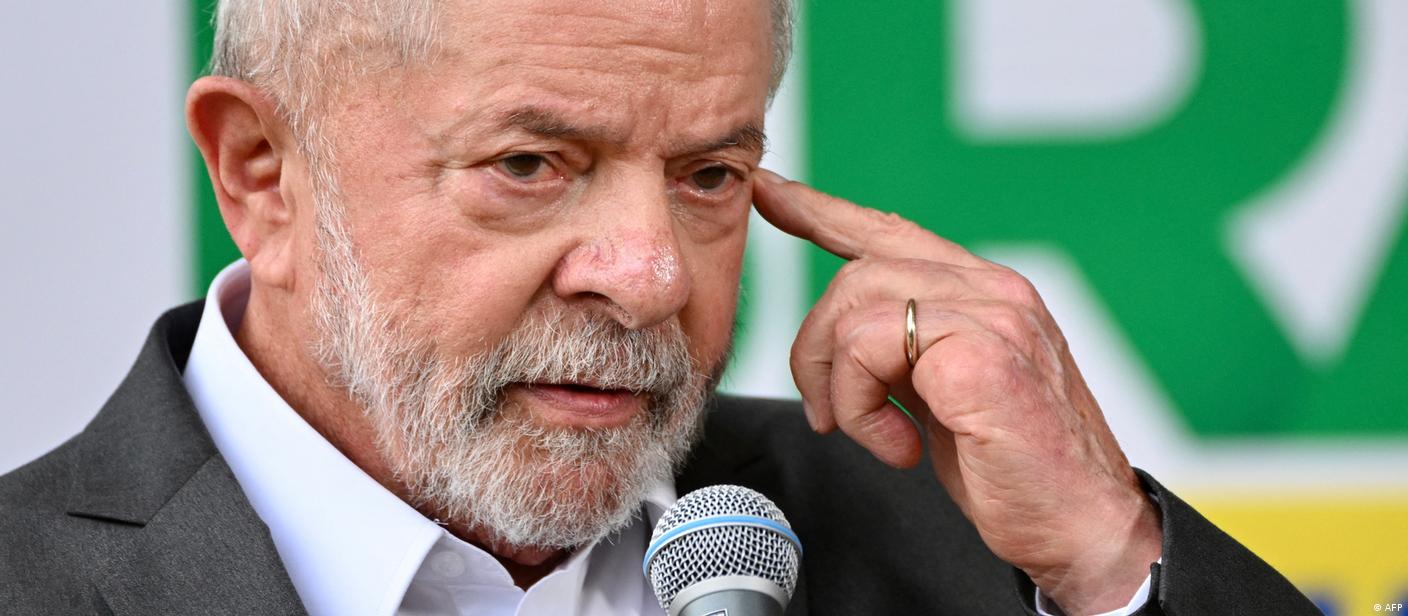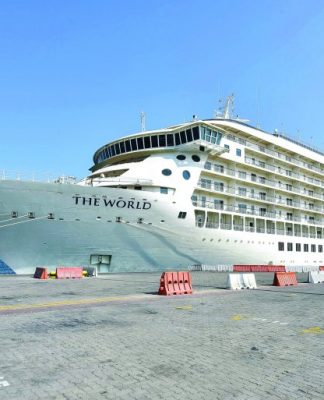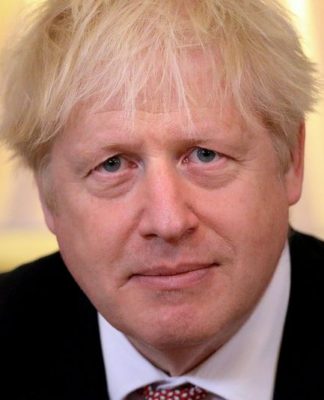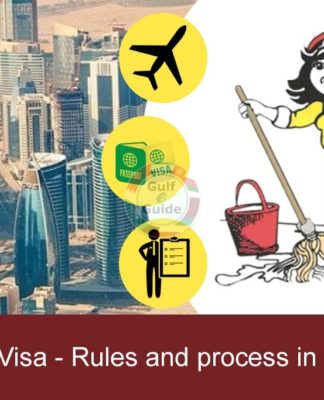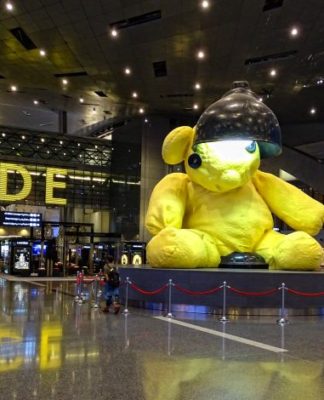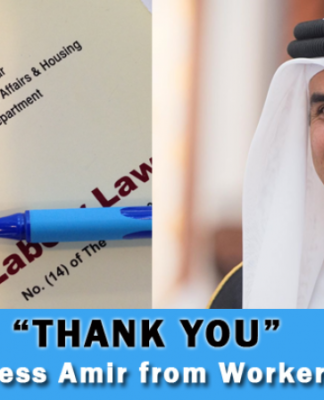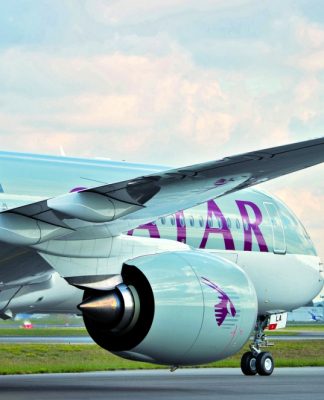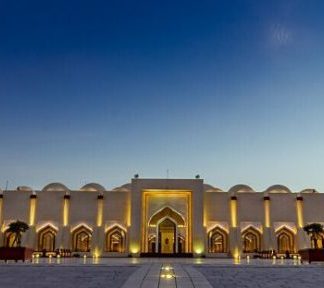POLITICSBRAZIL
What challenges will Brazil’s President Lula da Silva face?
Thomas Milz
01/01/2023January 1, 2023
Brazil’s outgoing government leaves behind holes in the budget and social disruption. Unlike his first term, new President Luiz Inacio Lula da Silva cannot count on a commodity boom and rapid growth in China.
https://p.dw.com/p/4LEqw
When left-wing politician Luiz Inacio Lula da Silva takes over as Brazilian president on January 1, 2023, he will inevitably be compared to the Lula who took over from then-President Fernando Henrique Cardoso in the very same location 20 years earlier. Cardoso, a Social Democrat, had left his successor a solid economic foundation, which allowed Lula to foster growth and reduce poverty.
Back then, Lula referred to a “cursed legacy” all the same. Cardoso had reacted to rising inflation in 2002 by raising key interest rates. “When he takes over his time, he will find out what a really cursed legacy is,” Carlos Melo, a political scientist at the Sao Paulo-based Insper Institute, told DW. Right-wing populist and outgoing head of state, Jair Bolsonaro, left behind deep budget holes and a complicated relationship with parliament, he said.
Compromises needed
This time around, the challenge is much greater, Melo said, pointing out that Lula must balance the budget, “which requires a new way of dealing with parliament; because he needs money, he needs to pass new laws, and for that he needs the legislative.”
Brazil, protesters wearing green and yellow clothing and waving flags, holding up bannersBrazil, protesters wearing green and yellow clothing and waving flags, holding up banners
Bolsonaro supporters have called for the military to step inImage: Silvia Machado/TheNEWS2/ZUMA/picture alliance
However, the right-wing camp gained in the October elections. “The Bolsonaro forces plus the so-called Centrao’s center parties have the majority — that’s where Lula will have to seek compromises,” according to the political scientist.
How he handles parliamentary budget requests, billions of dollars of which Bolsonaro had transferred to parliamentarians in exchange for their support, will be crucial.
In the election campaign, Lula had pledged he would get rid of the non-transparent budgets. In any case he will have to negotiate with the powerful president of the Chamber of Deputies, Artur Lira. In 2015, his party colleague and successor, Dilma Rousseff, was caught up in a power struggle with Chamber President Eduardo Cunha that precipitated Rousseff’s fall. Lula needs to focus on compromises with the legislative, Melo argued.
Lula 2023 is not the same as Lula 2003
The current political environment cannot be compared with that of 2003, said Marco Antonio Carvalho Teixeira, a political scientist at the Fundacao Getulio Vargas (FGV) think tank — “also because the election results are different today.”
At the end of 2002, Lula received more than 61% of the vote; last October, he received only 50.9%. “In 2002, Lula was practically the consensus, the opposition we see now didn’t exist,” he told DW, and recalled the corruption scandals that landed Lula in prison for a year and a half in 2018. Although the sentences were annulled, they disqualify Lula in the eyes of many Brazilians. Bolsonaro supporters take to the streets daily, demanding the military intervene against Lula’s inauguration.
Jair Bolsonaro Jair Bolsonaro
Outgoing President Jair Bolsonaro leaves behind debt and a split societyImage: Andressa Anholete/Getty Images
“With under 2%, the outcome of the election was close, and now there are groups among the population who oppose him,” said Teixeira, adding that that is something the new president will have to overcome quickly.
Lula should form a government of national unity with a wide range of political movements, he said, adding that while Lula’s Workers’ Party (PT) dominated the government in 2003, he is now trying to integrate forces like the right-wing Uniao Brasil party.
Lula must ‘deliver quickly’
The Bolsonaro government’s inaction contributed to the illegal protests, according to Carlos Melo. They deliberately turned a blind eye, he said. As soon as the new government restores order in the security apparatus, the protests will dwindle, he argued, adding that Lula will then have to deliver quickly and show success to reduce opposition to his government.
It won’t be easy. “Brazil is currently experiencing an economic crisis that is worse than in 2002,” the FGV’s Teixeira said, conceding however that the economic situation has improved in recent months thanks to electoral gifts from the Bolsonaro government including pandemic aid and increased social benefits.
They tore such deep holes in the budget that Lula needs parliamentary approval to suspend the debt brake and a majority for the necessary tax reform. “If Lula doesn’t get broad political support now, he runs the risk of starting off with a crisis,” Melo said.
Foreign policy success might be easier
On the global stage, on the other hand, rapid success is possible. Bolsonaro’s legacy on the environment and human rights is very poor on the international stage, so the fact of Lula’s election has already given Brazil more space globally,” Teixeira said, pointing out that Lula’s visit to the COP27 climate summit in Egypt in November was a strong message.
Brazil, deforestation, square bare plot of land surounded by forest Brazil, deforestation, square bare plot of land surounded by forest
Lula needs to control deforestation of the Amazon rainforest, like here near ManausImage: Bruno Kelly/REUTERS
Carlos Melo also sees internal challenges regarding the environment. Lula lost the vote in those districts in Amazonia where deforestation is highest. That is where Lula must take action against the destruction, all the while offering locals alternatives for the sustainable use of the forests’ resources, he said. He also said Lula must get the agricultural sector involved, which is important for exports.
“Brazil’s image abroad is extremely dependent on its environmental policy,” Melo said, adding if there is no improvement in the sector, Lula ,might as well forget any plans to put Brazil back on the international stage.
If Lula succeeds in making rapid progress, however, Brazil can expect foreign investments in environmental protection and sustainable economic use, he said.
No commodity boom like in 2002
Stimulating growth would be important in the current difficult situation. China’s phase of rapid growth, which boosted Brazil’s exports during the first Lula administration, is over, he said, adding that in turn, cheap imports from China have led to a worrying degree of de-industrialization.
The country urgently needs a policy that promotes industry, Teixeira warned. “If we don’t focus on technology and innovative sectors, we will return to being a purely agricultural producer that will have to import industrial goods.”
“It’s urgent,” Carlos Melo said.
This article was originally written in German.














